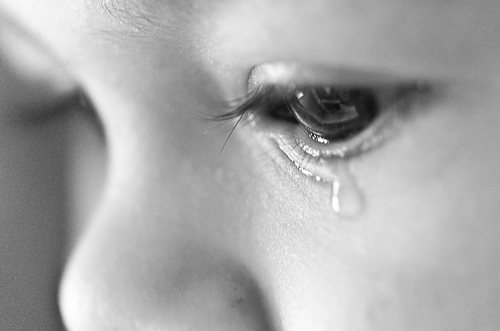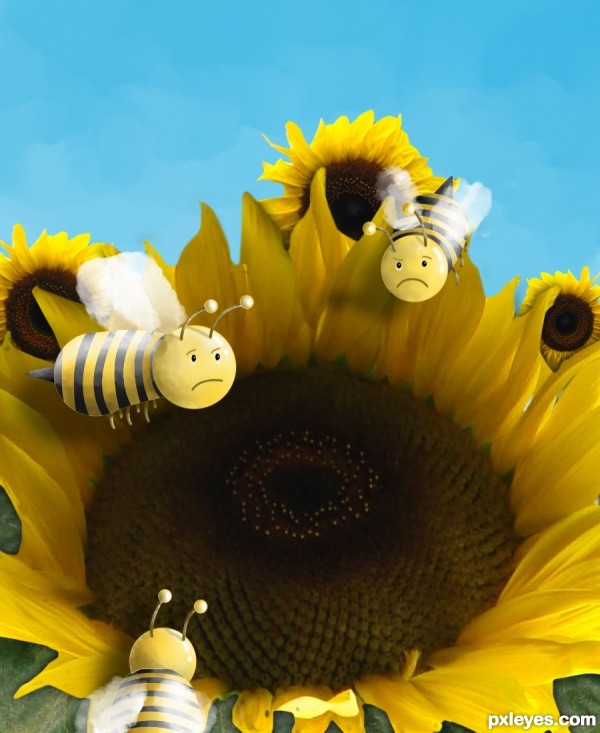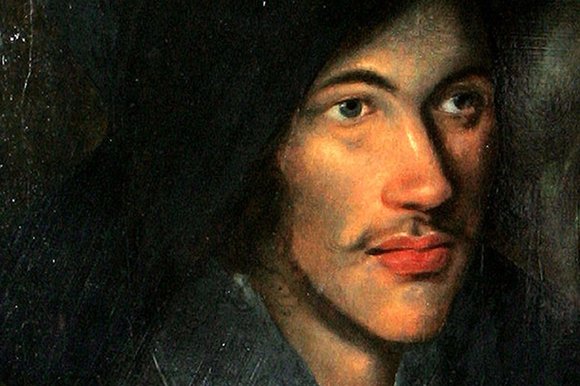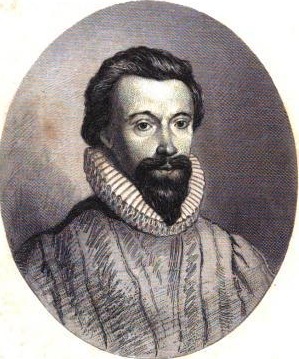About the Poet:
John Donne was a cleric for the Church of England, whose exhortations impacted Ernest Hemingway’s “For Whom the Bell Tolls”, who took the title for his novel from Donne’s “Devotions Upon Emergent Occasions”. It would seem that Donne is a heavily under-celebrated poet, but if one has ever heard the phrase “no man is an island”, they have not been unreached by his words. This heady proverb means that every person is part of something larger than themselves.
Form and Poetic Devices
As an English poet and contemporary of William Shakespeare, the varying couplets and enclosed rhymes of “A Lecture upon the Shadow” is quite reminiscent of a Shakespearean sonnet, as well as several of its lines being penned in iambic pentameter, one sample being “that love has not attain’d the high’st degree””. Not unlike Shakespeare, John Donne is known for his vivid, sensual metaphors as well as the use of irony and paradoxes. A variety of poetic devices are employed in this poem. Alliteration is demonstrated in the phrases “stand still, these three, disguises did” and so on. Consonance, however is the less obvious repetition of consonants not necessarily at the beginning of a word, such as “sun is just”, “that love has not attain’d the high’st“, “us and our cares, but now ‘tis not so. Lastly, assonance, or repetition of vowel sounds is exhibited in word combinations “these three hours that we” and the rhymes “blind, behind, decline”. Figurative language such as imagery expressed through metaphors is persistent: “walking here, two shadows went” where the “shadows” are the insecurities or lies in the relationship. Most notably is his use of conceits, lengthy metaphors that consolidate a poem or passage. This entire poem is a conceit, where the depictions of light and shadows present a complex metaphor for the start, apex, and end of a relationship. The final line of “A Lecture Upon the Shadow” may be a personification, where the “his” in “his first minute” refers to an anthropomorphism for love itself.
Parallels between Donne and Shakespeare
In early manuscripts of John Donne’s poetry, a blatantly erotic, salacious tone is conveyed. Poets and playwrights of this era in English literature were notorious for sneaking sexual innuendos into their work. One of the most famous examples is William Shakespeare’s “Hamlet”, where Hamlet, the protagonist, asks the character Ophelia “did you think I meant country matters?”. This is a play on words, as the first half of the word “country” sounds identical to a slang term for the female reproductive organ. Remarkably, and oft overlooked, John Donne later employed the same exact pun, in a much more obvious manner, in his poem “The Good Morrow” where the narrator inquires “were we not weaned till then, but sucked on country pleasures, childishly?”. Most probably, Donne was paying homage to Shakespeare’s work. Another example of erotic innuendo in Donne’s works is his poem “the Flea”, where he juxtaposes a flea bite with a sexual encounter:
How little that which thou deniest me is;
It sucked me first, and now sucks thee,
And in this flea our two bloods mingled be;
Central Idea
The central idea or subject of “A Lecture upon the Shadow” is a blossoming relationship between two people who at first, flourishes, but as the day proceeds, “shadows” enshroud the characters’ idealistic vision, tainting their honesty, and they become disillusioned with one another. Light here is parallel with love and truth, while darkness exemplifies infidelity. Known for his attention-grabbing openings, the tone of John Donne’s poem is introduced from the perspective of an enlightened mentor, a sort of advice-giving philosopher for the opening couplet:
Stand still, and I will read to thee, A lecture, love, in love’s philosophy.
Setting and Narrative
However, the narrative quickly switches to two characters, who are most likely lovers. Although, it is arguable that the characters could be any two people in any sort of tender relationship, be they friends, family, or a romantic partnership. Here, “shadows” are a metaphor representing the emotional detachment of a person: their flaws, secrets, regrets, distrust, or other difficulties within their personality. The line “two shadows went, along with us, which we ourselves produc’d.” implies that the conflict or strife in this relationship is internal, originating from the characters themselves, and not an external conflict. Donne manifests here how, with the passing of time, people can become bitter, jaded, dishonest, or disenchanted with each other. This is especially the case when a person’s expectation of a relationship is not quite as fulfilling as the reality. The lovers’ quixotic and starry-eyed expectations cast a shadow on the actual pragmatic implementation of their relationship. Although the characters are dissatisfied with one another, the idea of a perfect romance still persists in their private thoughts. Thus, the narrator compares the characters’ suppression of their feelings over time to a growing shadow:
So whilst our infant loves did grow,
Disguises did, and shadows, flow
From us, and our cares;
That love has not attain’d the high’st degree,
Which is still diligent lest others see.
Contrarily, the next several lines throughout “A Lecture upon the Shadow” offer a more sanguine, benevolent perspective. Here, the pinnacle of a cathartic, affectionate relationship is likened to noon, the brightest time of day. The “shadows” or hidden intentions of the lovers are depicted as being behind them, instead of “blinding” them or hindering their truthfulness to each other:
Except our loves at this noon stay,
We shall new shadows make the other way.
As the first were made to blind
Others, these which come behind
As the poem progresses, the daylight and love “decay”, embodying the secretive and fickle nature of two companions who have become distrustful and withdrawn from one another. As the position of the sun stretches the shadows, the infatuation wears off. As a result, the once-amorous beau and his beloved begin to hold only distrust, instead of fondness for each other:
Will work upon ourselves, and blind our eyes.
If our loves faint, and westwardly decline,
To me thou, falsely, thine,
And I to thee mine actions shall disguise.
The morning shadows wear away,
But these grow longer all the day;
But oh, love’s day is short, if love decay.
As a final flicker of hope, the speaker maintains his devotion to his loved one, acknowledging that although the day grows dark, the light is never ultimately dissipated due to the stars and moonlight that illuminate the sky. This is to say that while infatuation exhausts itself hastily, genuine love is persistent and does not lose its luster:
Love is a growing, or full constant light,
And his first minute, after noon, is night.
Themes
Lastly, experiences with tumultuous romances caused Donne to depict a dismal, unfair perception of his love life. A recurring theme in his poems is the criticism of dishonest, or unloving women. A thematic parallel to “A Lecture upon the Shadow” is “Love’s Deity” in which Donne stresses:
I cannot think that he, who then lov’d most,
Sunk so low as to love one which did scorn.
But since this god produc’d a destiny,
And that vice-nature, custom, lets it be,
I must love her, that loves not me.
This forlorn perception of love relationships is echoed throughout his body of work, one case in point being his “Song” where he declares: “and swear nowhere, lives a woman true and fair.” In most industrialized countries today, a line like this would be met with backlash from feminists, and once a creative work is deemed misogynistic in nature, an artist’s reputation is tarnished. However, in a patriarchal society such as 17th century England, generalizations and critiques like this one were commonplace. Romantic relationships were so vital to Donne’s well-being that though he was a cleric, he secretly married and was later imprisoned for it. In conclusion, though a large segment of John Donne’s poems deals with romance and relationships, he was by no means limited to one subject and wrote of many experiences, including the death of a child and regularly, his stern principles on religion and spirituality.
Some online learning platforms provide certifications, while others are designed to simply grow your skills in your personal and professional life. Including Masterclass and Coursera, here are our recommendations for the best online learning platforms you can sign up for today.
The 7 Best Online Learning Platforms of 2022
- Best Overall: Coursera
- Best for Niche Topics: Udemy
- Best for Creative Fields: Skillshare
- Best for Celebrity Lessons: MasterClass
- Best for STEM: EdX
- Best for Career Building: Udacity
- Best for Data Learning: Pluralsight

















Mr. Goodman, thank you for your analysis of Donne’s ‘A Lecture Upon a Shadow’.